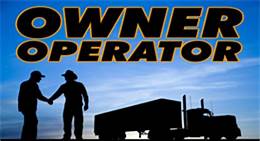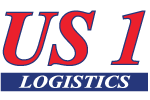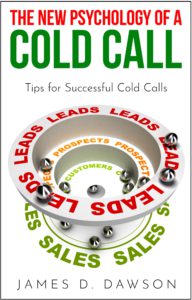What do the New Tax Laws Mean for Owner Operators
I am sure everyone has heard about the new tax laws by now. The question is how will it affect company drivers and owner operators. Right? I know that is what the people on our site want to know.
It is important before you place that new owner operator opportunities advertisement in your favorite trade journal or on your company website to be able to tell potential owner operators and company drivers just what they can expect to earn.
When an owner operator responds to an owner operator needed advertisement one of the primary questions is always about how much money they will make. Yes, they also ask about home time and bonuses but that is for another discussion.
We are focusing on what the new policy means to owner operators primarily because we believe the new tax policy might actually hurt company drivers. Carriers and owners operators can expect some relief, company drivers perhaps not.
Speaking to a tax specialist it appears that company drivers will no longer be able to itemize their deductions as they have done in previous years. This means things like cell phone, work boots, gloves, bedding, personal safety gear, cleaning supplies for the truck, etc… will no longer be deductible as a result of itemization. Hard to say exactly how much this will cost company drivers but if you have a good size cell phone bill you could be looking at a loss of $4,000.00 or more in deductions.
There are some things that your company can do with your per diem that may be able to make up some of the difference but that is not really what we are getting into today. You will need to speak with your company and your tax professional about that.
The good news for owner operators and all of those out there thinking about becoming an owner operator is that you are in much better shape under the new tax laws.
How much of a break you will get depends a lot on how much you are earning, by that we mean what makes it to your schedule C. If you are grossing about $160,000.00 an netting about $60,000.00 on your schedule C then you might be able to reduce your taxable income another 20% under the new tax law. This means that you will only be taxed on $48,000.00 under the new tax law as opposed to the old tax laws.
This might now sound like much but it could really add up. This is especially true for small fleet owners.
A couple of tax laws we want to make sure owner operators know about. If you have a good tax person you should already know about these. If you don’t then you probably don’t have a good tax person.
The first is the Section 179 Expensing/Bonus Depreciation.
Under section 179 you can deduct up to $500,000.00 in capital expenses (truck/trailer/etc…) the first year as depreciation as opposed to taking a smaller depreciation amount over a period of years. This can be a huge advantage if you have a lot of income this year with little or no expenses. Of course, you have to remember if you take the section 179 deduction this year you will not be able to deduct further depreciation on the item in subsequent years.
Basically you get to take it all in one lump sum this year as opposed to taking it over a number of years. Next year, if you don’t have anything to depreciate you might have to buy another piece of equipment.
If you are an ‘S’ corporation you need to have your corporation taxes filed by March 15. If you are a ‘C’ corporation you can wait until April 15 to file your corporate taxes. Remember this is for corporate taxes, your personal is still due on April 15th.
This probably does not apply to an individual owner operator but if you are a company with a partner the IRS could find the partnership liable at the entity level as opposed to the partnership level.
Remember owner operators, you are a small business. Keep your receipts. Keep VERY good records and document everything.
It will also pay you to hire a tax professional. Don’t try to do your taxes yourself. It will absolutely pay you to pay a professional to do your taxes. Don’t skimp on this one.
Plan your taxes all year long. Income taxes are not a once a year event. Plan and keep great records.
Make sure you make an effort to keep up with the laws yourself. Yes, your tax professional should keep up with the laws but it is always beneficial to keep up with the laws that will benefit your personal finances yourself. Or, at least make an effort to.




Recent Comments